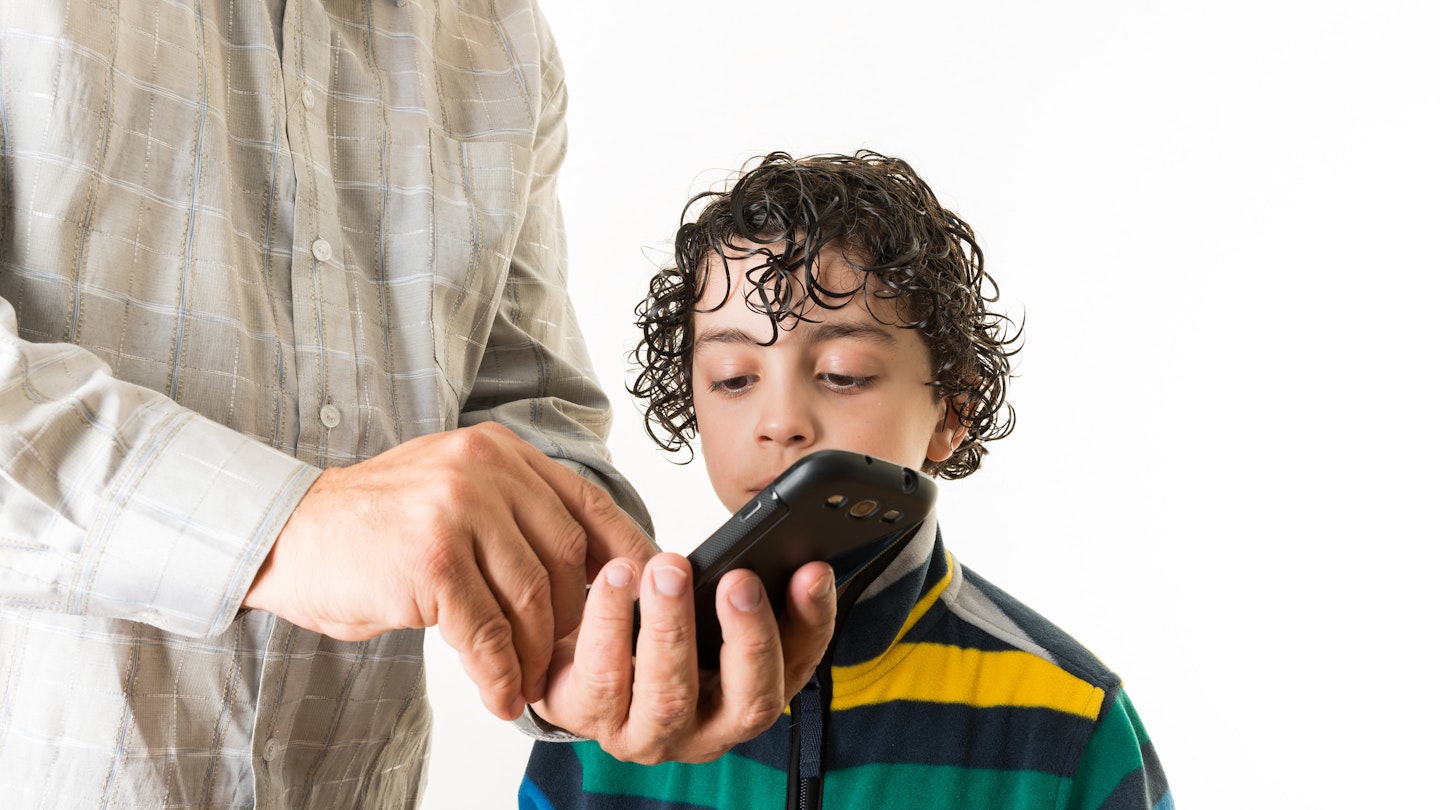New guidelines have just been released for professionals to monitor harmful sexual behaviour in children and teenagers.
Published by the National Institute for Health and Care Excellence (Nice), the advice is designed to help professionals the likes of teachers, doctors and social workers, best identify and respond to children behaving in an inappropriate sexual manner.
Behaviours include using sexualised language to talk about sex as well as sexting or sharing and sending nude images by phone.
“Harmful sexual behaviour has gone under the radar for too long,” said Jon Brown, head of development and impact at NSPCC and a member of the Nice guideline development group.
Indeed, sexting among young people has been a growing concern as of late, increasing in prevalence in recent years and adding to worries over online grooming and pornography. Figures released in September showed more than 2,000 children were reported to police in the last three years for crimes linked to indecent images.
However, these new guidelines raise their own set of issues, with authors stressing the importance of the children being treated with respect to their age and circumstances, not as “mini sex offenders.”
Professor Gillian Leng, deputy chief executive of Nice, said: “Inquisitive behaviour is a normal part of growing up and it is natural for children to ask about different body parts or be curious about the differences between girls and boys.
“However there is also a minority of children and young people who engage in sexual behaviour that is not appropriate for their age or development.
“This guidance is about preparing teachers, nurses, social workers and others to recognise harmful sexual behaviour when it occurs and ensure they can work across team boundaries so that problem behaviour is not ignored or missed and children and young people receive the help they need.”
What do you think? Do you think this is a good idea? Let us know over on Facebook and Twitter (@CloserOnline).
READ MORE:
Child sexting epidemic: Parents fear kids swapping indecent images more than drugs
Are you worried about your child? Signs and symptoms they’re being sexually abused
Internet paedophiles can groom a child in less than 20 minutes
